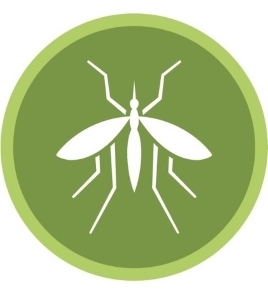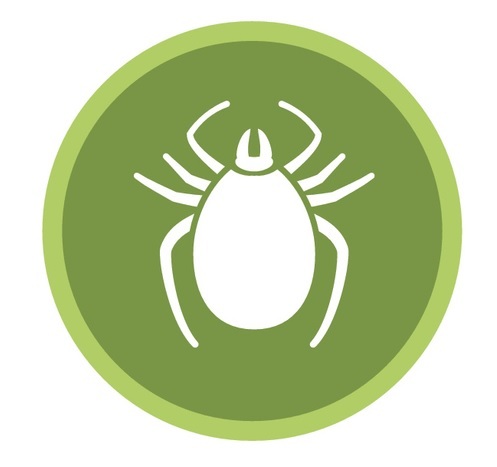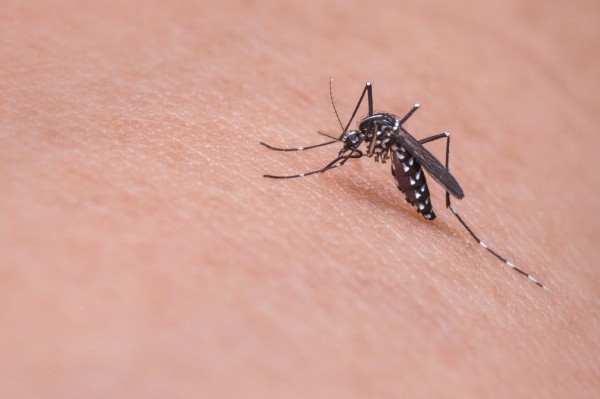This post was written by NACCHO’s Vector Control team to recognize National Mosquito Control Awareness Week 2021, and provides an overview of tools and resources available to our members. Follow @NACCHOalerts on Twitter and @NACCHOHQ on Facebook/Instagram for regular updates and consider signing up for NACCHO’s bi-weekly environmental health newsletter, the Greener Side of Local Public Health.
Mentorship Program
NACCHO’s vector control mentorship program, called the Vector Control Collaborative, focuses on capacity-building at the local level prior to mosquito season. This program provides the opportunity to maximize benefits of the mentorship program and build sustainable initiatives. Once a mentee program is matched with a mentor, participants are asked to develop an action plan that documents how the pair will work together over the course of the project. Together, they identify areas where the programs anticipate needing support from the Centers for Disease Control and Prevention (CDC) and NACCHO. By creating this action plan, mentees are positioned to optimize their time by discussing priorities with their mentor at the beginning of the program, allowing the mentor to strategize how to best support the mentee in achieving these priorities early in the partnership. This peer-to-peer learning model encourages bi-directional knowledge building between mentors and mentees. Many of the participants have continued their partnerships past the conclusion of their mentorship program. Since December 2018, NACCHO has funded 28 programs across 11 states to participate as mentors or mentees in the collaborative.
Workgroup and Deliverables
The Vector Control Workgroup provides leadership, guidance, and direction to NACCHO’s Vector Control Program. This group reviews best practices in mosquito, tick, and rodent control to assist local organizations working to detect, prevent, and respond to zoonotic diseases. Workgroup members also guide the development and delivery of technical assistance.
How to Join: Membership in the workgroup is geared towards local health department staff who are working in vector control. Local health department staff members working in other areas of environmental health are also encouraged to apply, as well as vector control professionals with strong connections to local health department work in vector control. The application period for participation in our 2022-2023 Subject Matter Expert Advisory Workgroups is now closed and will re-open again in April 2022.

During this year, the Vector Control Workgroup created a Mosquito Surveillance and Control Guidance document that is aimed at assisting local vector programs in building their capacity. This guidance document is set to be shared through NACCHO’s networks during the summer of 2021.
Check back with our webpage to learn about the release of the Guidance.
Coming Soon! Results from NACCHO’s National Vector Assessment
The 2020 Vector Assessment was conducted from November 2020 to January 2021. This is the second iteration of the survey and the first time the survey has collected data on tick programs. This survey provides critical information on the state of vector control programs across the nation. The results of the 2017 survey were used to inform programmatic decisions both at NACCHO and at CDC.

Preliminary results from the 2020 survey suggest that there has been a marked improvement in mosquito control capacity at the local level since 2017 and indicates some tick surveillance activity at present, but very little tick control activity. These results are critical as the risk for vector-borne diseases, including Lyme disease, continues to increase in many parts of the country due to rising effects of climate change.
NACCHO plans to conduct another iteration of the Vector Assessment in 2023 as the organization continues to evaluate the state of vector control activity at the local level and identify changes in vector control capacity over time.
The 2020 Assessment results will be released on NACCHO’s vector control webpage.






